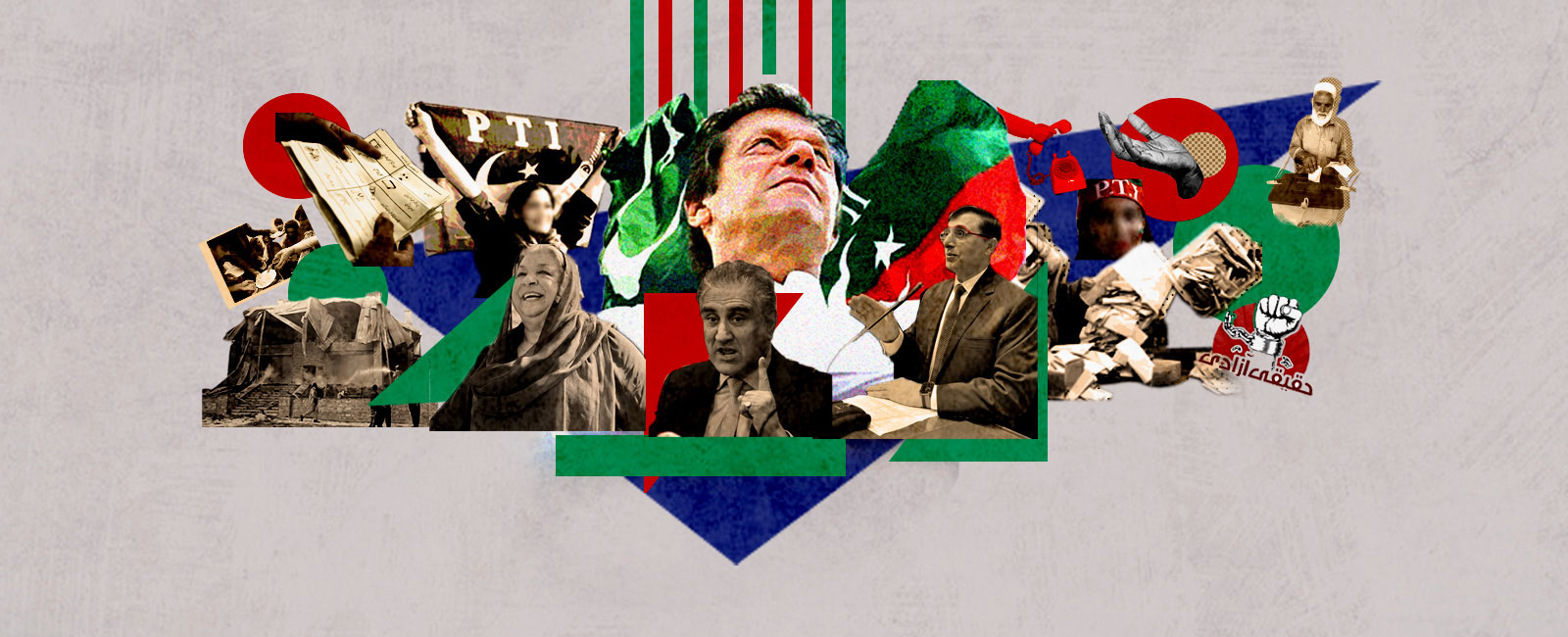From project to reject — Where does PTI stand now?
PTI came to power through 2018 general elections, which many parties still say were rigged in favour of PTI

The construct of Pakistan Tehreek-e-Insaf (PTI) was forged in the fires of the doctrine that the country cannot be exorcised of the evils of injustice, corruption, and poverty as long as it was hostage to two political parties taking turns in power from the very outset.
That's what is to be believed.
The arch-architects of the PTI, from the drawing board to the breaking of the ground and the setting of the cornerstone of the Justice League of Pakistan, never doubted that the PTI would deliver the goods — the 'promised change’.
Soon after its formation in April 1996, the PTI decided to jump into the electoral fray when fresh elections were called in February 1997 after the dissolution of Benazir Bhutto’s government in late 1996.
The fledgling party, however, was routed out in these elections including its founding chairman Imran Khan who could not win a single seat despite contesting in over a dozen constituencies.
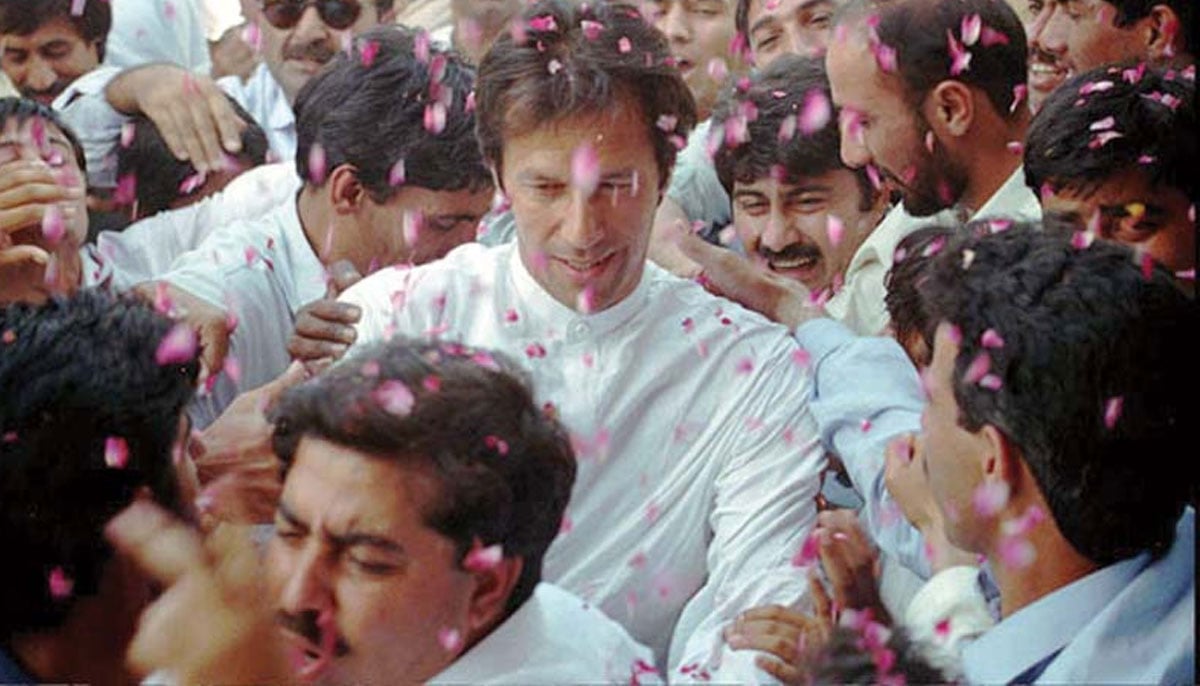
The post-1997 election period was a turning point for the PTI. Before that, there was visible and resounding support — particularly amongst the youth — during the 1997 election campaign, so much so that some in the PTI leadership felt that a massive victory was inevitable.
Some in the PTI leadership would say that even if the party gave a ticket to a ‘khamba’ (electricity pole) people would vote for it; this only helped reinforce the false euphoria the party felt.
Despite the 1997 election rout, optimism was high when the party’s CEC meeting on the rooftop of 205 Scotch Corner, Lower Mall, in Lahore was held one week after the 1997 elections.
It was decided at the meeting that a detailed organisational structure would be developed and the new party would be organised along those lines.
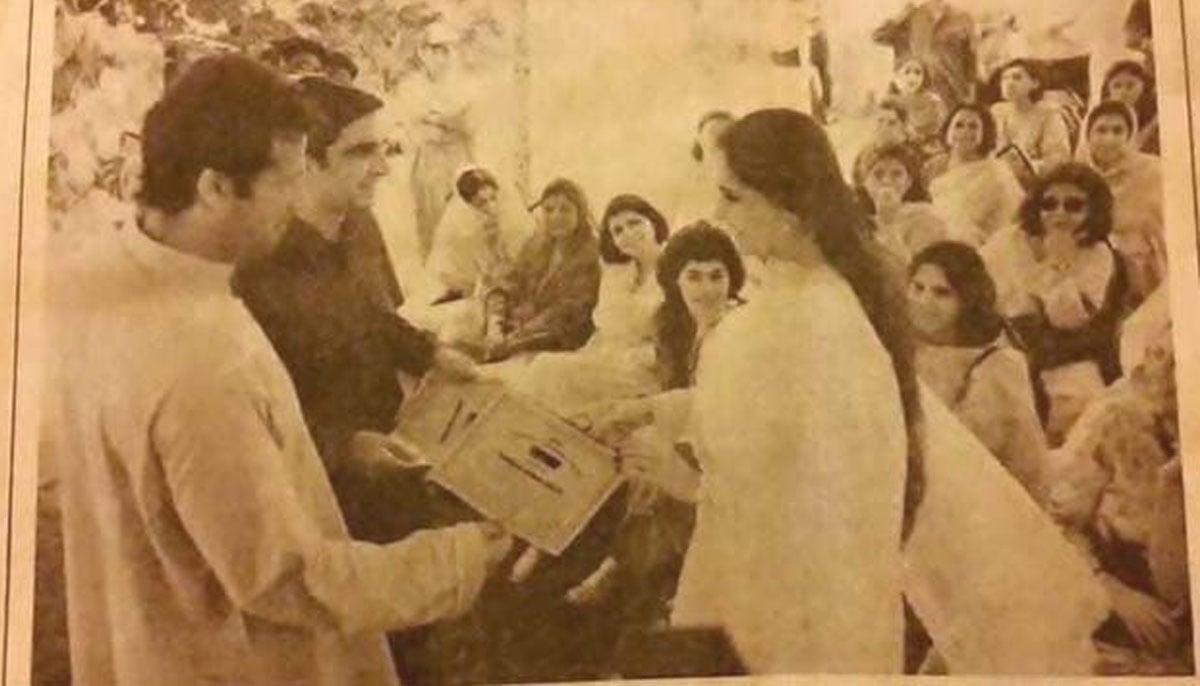
Behind the scenes, however, some individuals convinced the founding chairman that, while most of the PTI candidates in the 1997 elections were good and well-intentioned individuals, very few of them were capable of winning elections.
The ideologies of the day, however, felt that instead of focusing on inducting traditional politicians into the party fold, the party should nurture individuals with strong credentials in their fields who had joined the PTI after its inception.
After General Musharraf’s coup in October 1999, fresh channels of communication were established with his military regime.
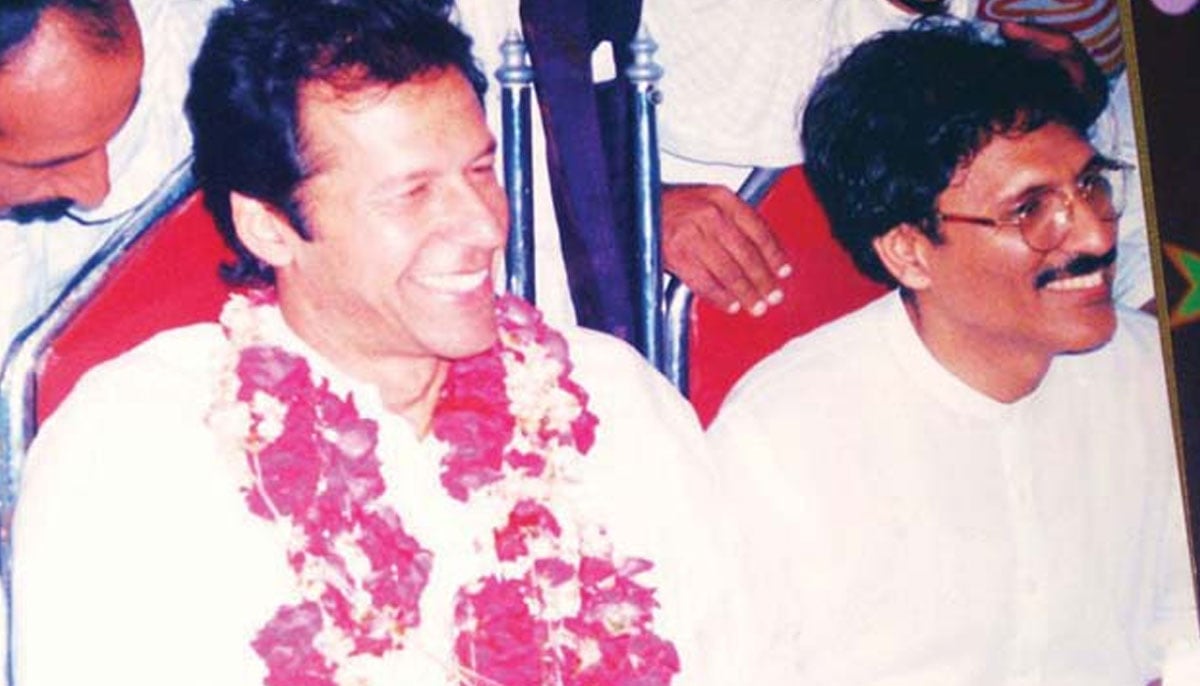
It is said that Imran Khan had his first secret meeting with General Musharraf on February 28, 2000. The meeting was claimed to be successful, as the party supremo felt that a working relationship could be established between the two.
But his expectations from the military leadership were dashed when immediately after the April 30, 2002 referendum of General Musharraf, the military regime offered a few dozen seats and a ministry or two to the party as against Imran Khan’s expectation of becoming the prime minister post the October 2002 elections.
Ostensibly, Imran was also bitter with the military establishment of the time for picking the PML-Quaid (PML-Q) as the 'King’s party' instead of the PTI.
The bitterness in the relationship between Imran Khan and the military establishment spilt over when he voted for Maulana Fazalur Rehman for the slot of prime minister instead of Mir Zafarullah Khan Jamali, who was seen as the establishment’s choice.
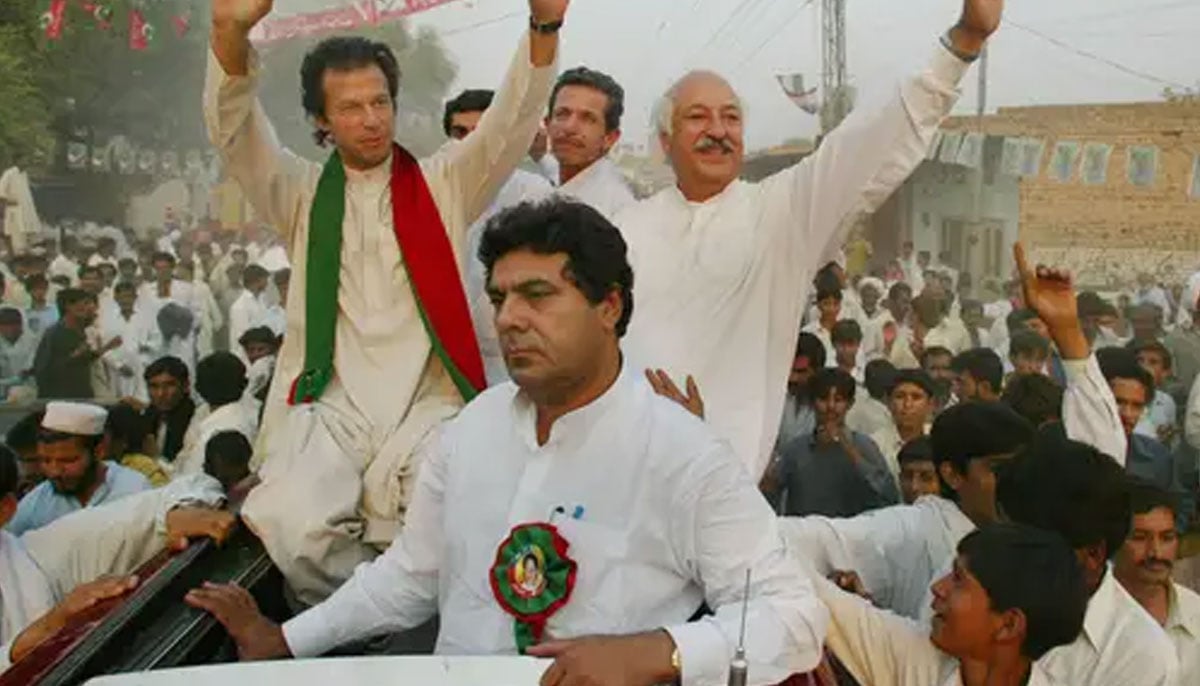
Imran’s decision to boycott the 2008 general elections was a surprise to many. The period between 2002 and 2011 saw the gulf between the PTI and the establishment only widen.
A new era of relationship was nurtured between the PTI and the establishment. It was during this period, say political rivals, that ‘Project Imran Khan’ was launched.
This period, from 2011 to 2022, opened the floodgates of traditional politicians to the party; these politicians climbed the PTI bandwagon with power in their sight.
Meanwhile, major politicians of other political parties were demonised as being ‘corrupt’ while PTI's Imran Khan was heralded as the messiah Pakistanis had for decades been waiting for.
The originally committed architects of the party were sidelined on one account or another, giving way to traditional politicians taking control of the party: in today’s parlance, these politicians are called ‘electables’.
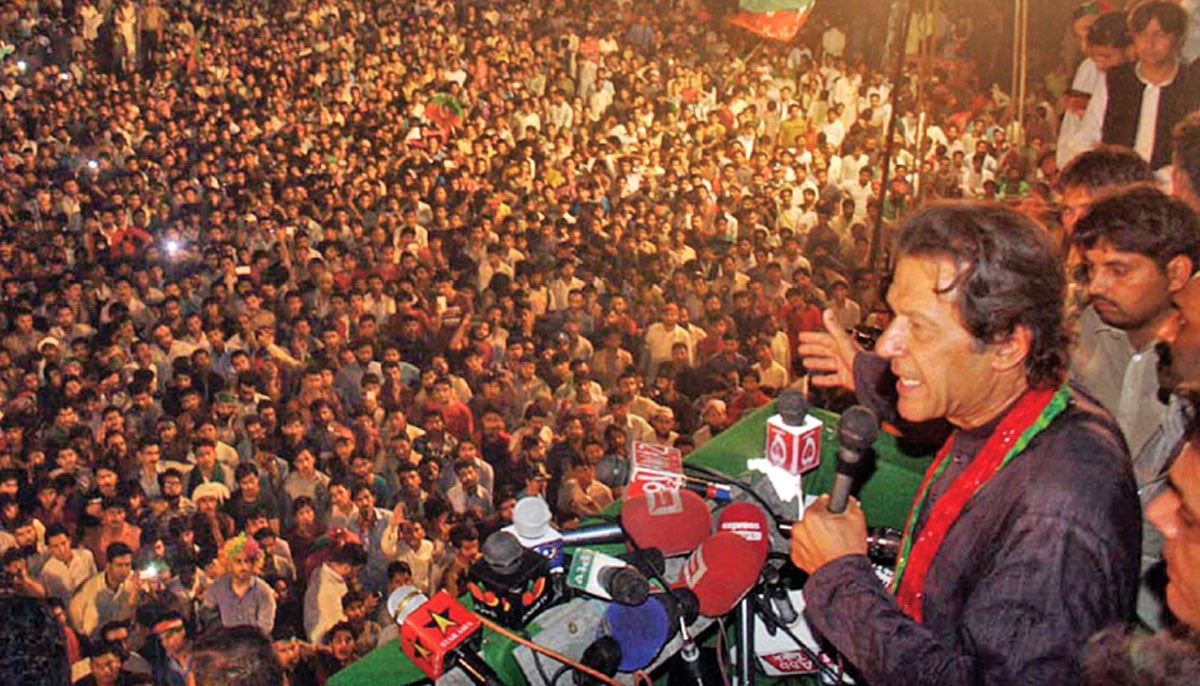
The PTI came to power through the 2018 general elections, which many parties still say were rigged in favour of the PTI; a coalition government led by PTI was formed. But, despite the high hopes and fanfare, the performance of the party in delivering its promises was for many a disappointment — marked by high inflation, unemployment, and poor governance leading to widespread disillusionment. Such was the state of the PTI’s ‘popularity’ in March-April 2022 that most of its elected members avoided visiting their constituencies for fear of popular backlash.
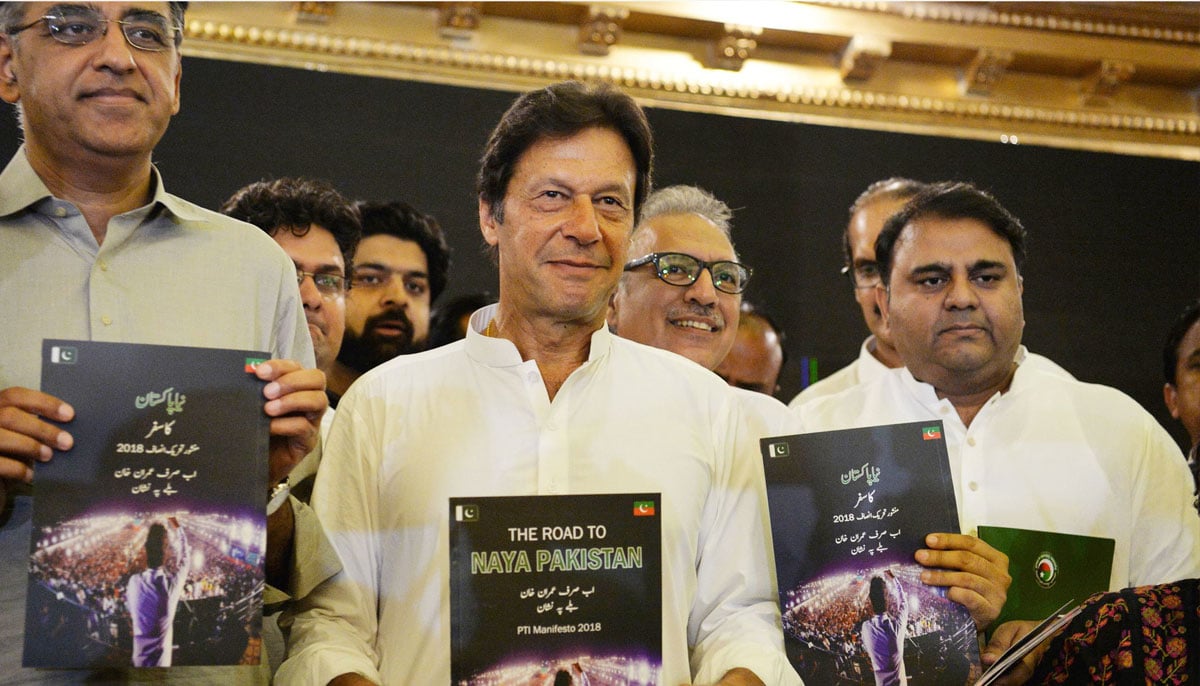
All that changed for the party when it came up with a new and popular anti-establishment and anti-US narrative immediately after losing power to a vote of no-confidence in parliament, a constitutional-cum political move by the party’s opponents. It was alleged that instead of conceding to this fait accompli, the PTI leadership opted for means beyond the constitutional to move things in their favour.
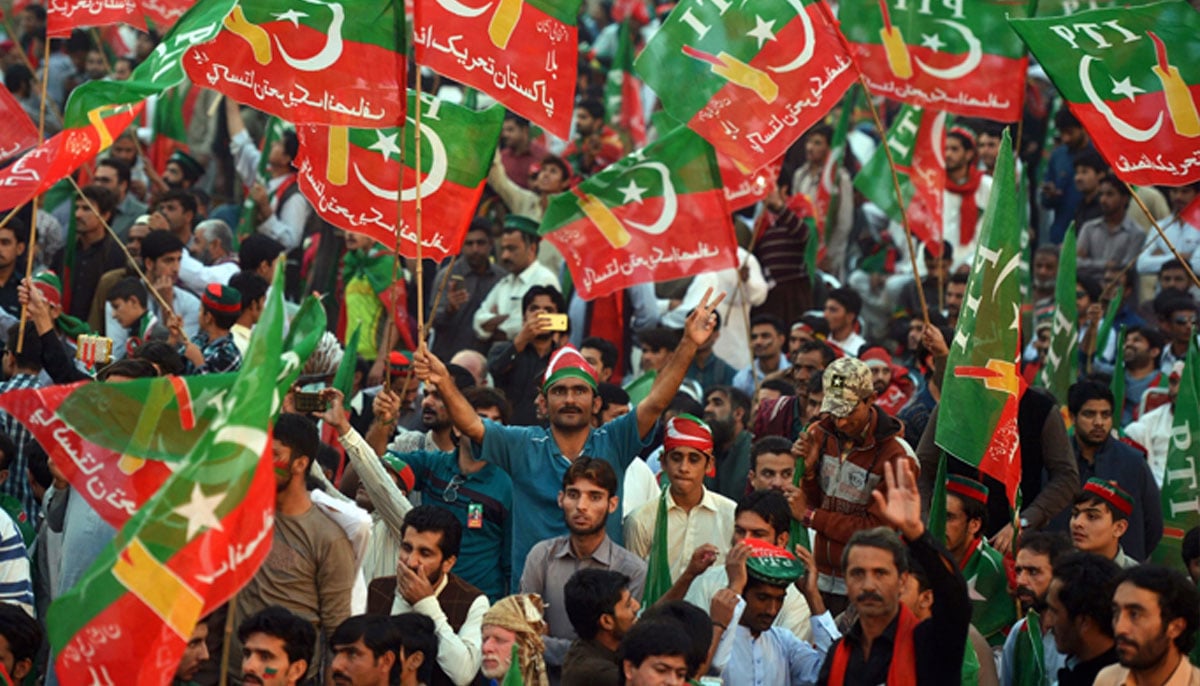
Instead of focusing on re-organising the party and waiting for elections, PTI Chairman Imran Khan indulged in street agitation that finally culminated in the events of May 9, 2023, when the state was attacked allegedly by PTI supporters and its leadership.
The post-May 9 events have led to another phase of the PTI’s evolution where its intraparty elections were challenged by its members including a founding member.
A foreign funding case filed in November 2014 was finally decided on August 2, 2022, when the ECP declared that the PTI had received prohibited funding from foreigners and foreign companies besides indulging in other major financial irregularities.
The ECP has yet to impose penalties on the PTI despite serving a show cause notice to the party on August 5, 2022.
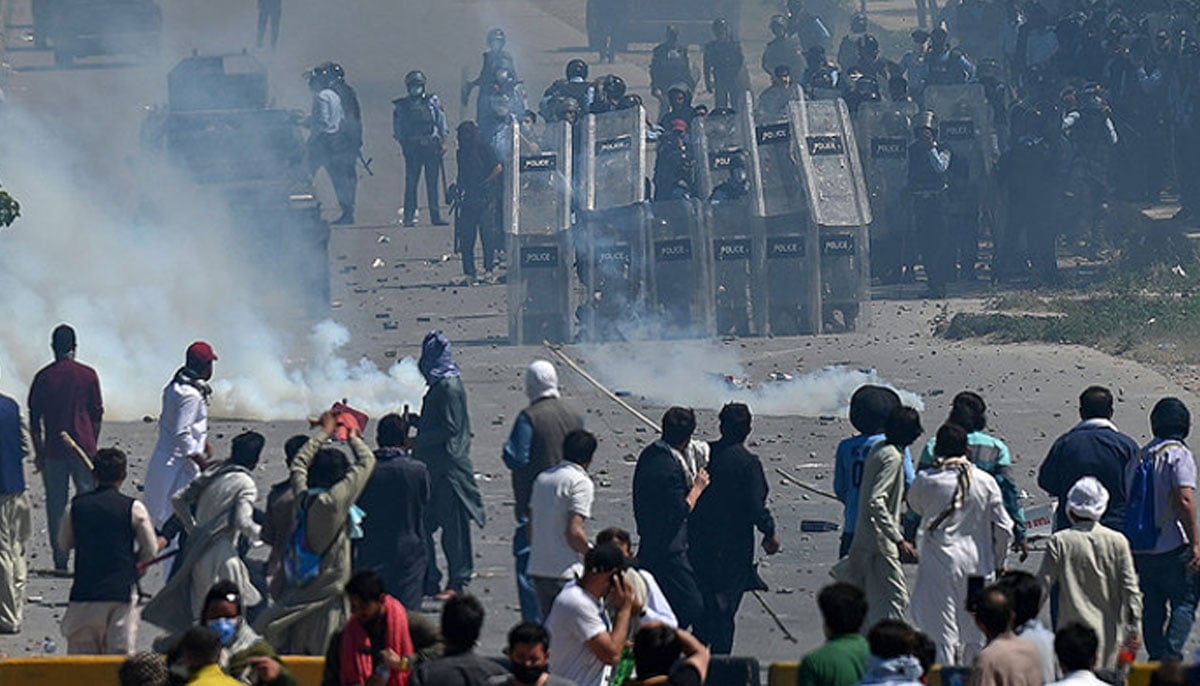
The PTI today appears at a crossroads one more time — now its legal existence is in jeopardy. The struggle to control the party continues with the party ideologues emboldened even as the Supreme Court on January 13, 2024, upheld the judgment of the Election Commission of Pakistan declaring the PTI intraparty elections null and void for the second time.
The party, which had indeed managed to dent the country’s two-party system to a great extent, is heading into Election 2024 without its iconic symbol of the ‘bat’ as well as with all its candidates contesting as independents.
There seems to be no respite in the internal struggles of the PTI either, with the party’s ideologues determined to take control of the party they founded in April 1996.
If and when they succeed remains to be seen with the founder chairman in jail, facing several serious cases.
Mumtaz Alvi is associated with The News
Header and thumbnail design by IMM Creative



